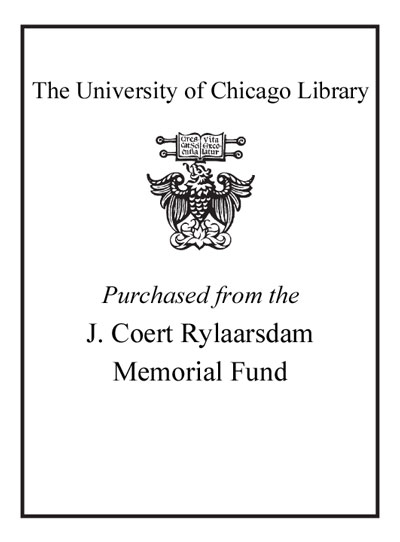| Summary: | The obvious riddles and difficulties in Exod 3:13-15 and Exod 6:2-8 have attracted an overwhelming amount of attention and comment. These texts make important theological statements about the divine name YHWH and the contours of the divine character. From the enigmatic statements in Exod 3:13-15, most scholars reconstruct the original form of the name as "Yahweh," which is thought to describe YHWH's creative power or self-existence. Similarly, Exod 6:3 has become a classic proof-text for the Documentary Hypothesis and an indication of different aspects of God's character as shown in history. Despite their seeming importance for "defining" the divine name, these texts are ancillary to and preparatory for the true revelation of the divine name in the book of Exodus. This book attempts to move beyond atomistic readings of individual texts and etymological studies of the divine name toward a holistic reading of the book of Exodus. Surls centers his argument around in-depth analyses of Exod 3:13-15, 6:2-8 and Exod 33:12-23 and 34:5-8. Consequently, the definitive proclamation of YHWH's character is not given at the burning bush but in response to Moses' later intercession (Exod 33:12-23). YHWH proclaimed his name in a formulaic manner that Israel could appropriate (Exod 34:6-7), and the Hebrew Bible quotes or alludes to this text in many genres. This demonstrates the centrality of Exod 34:6-7 to Old Testament Theology. The character of God cannot be discerned from an etymological analysis of the word yhwh but from a close study of YHWH's deliberate ascriptions made progressively in the book of Exodus. --
|
|---|

